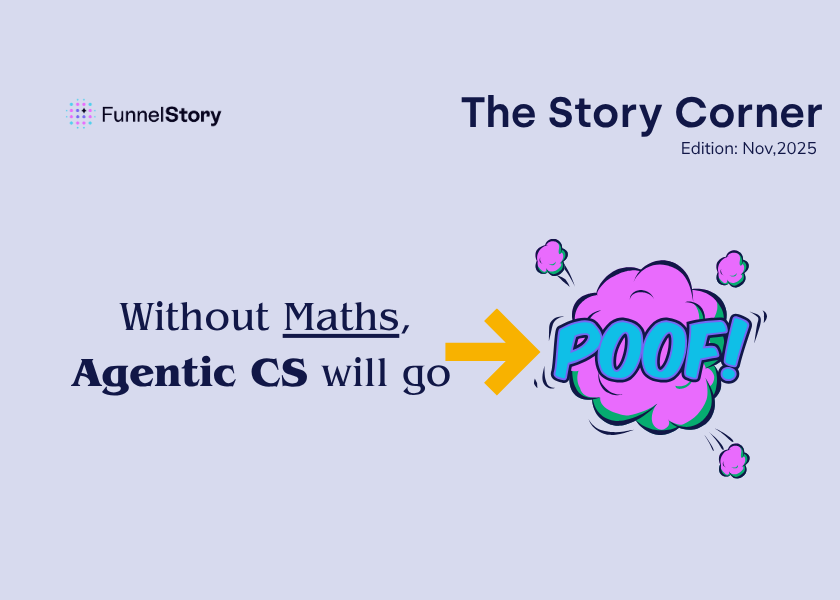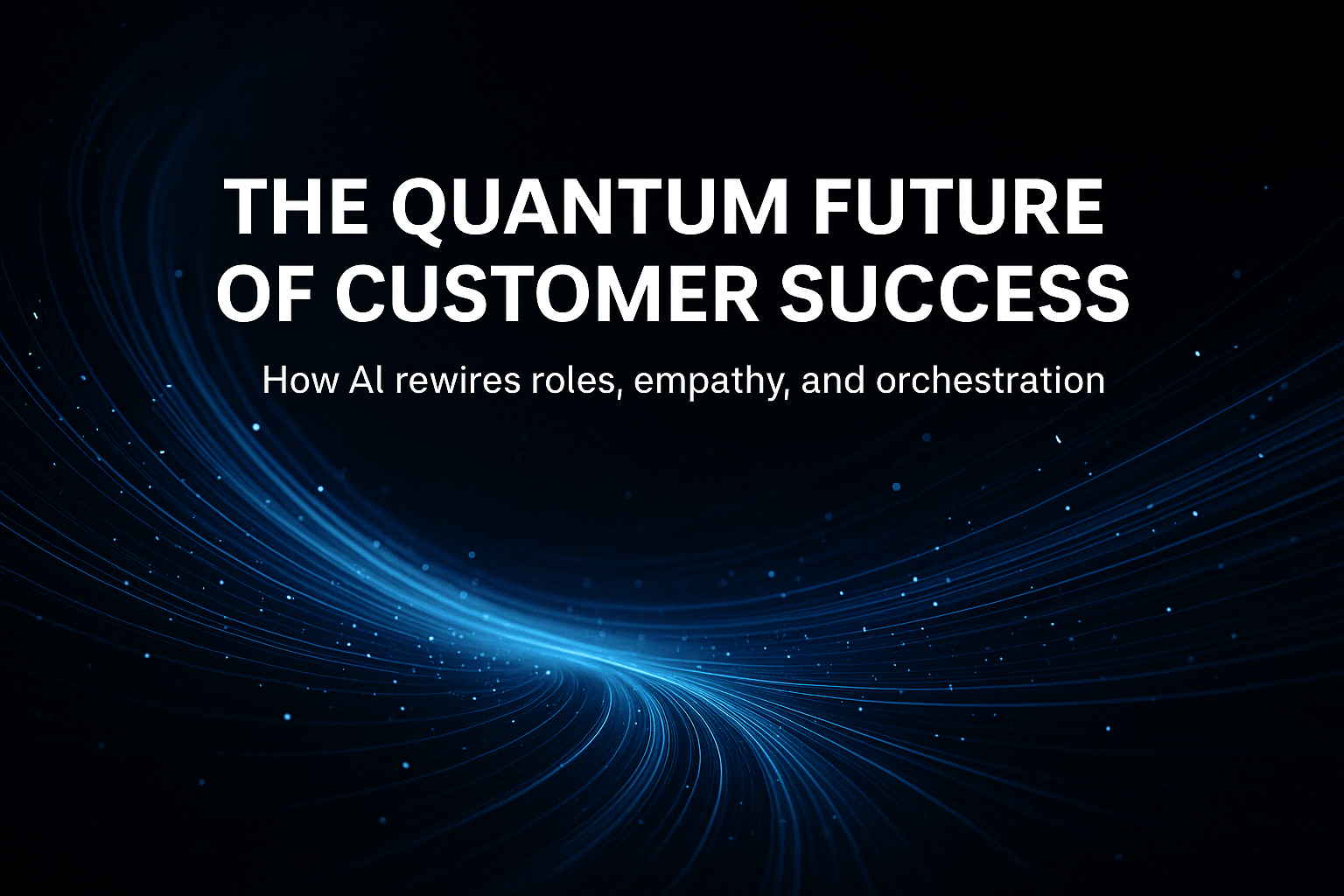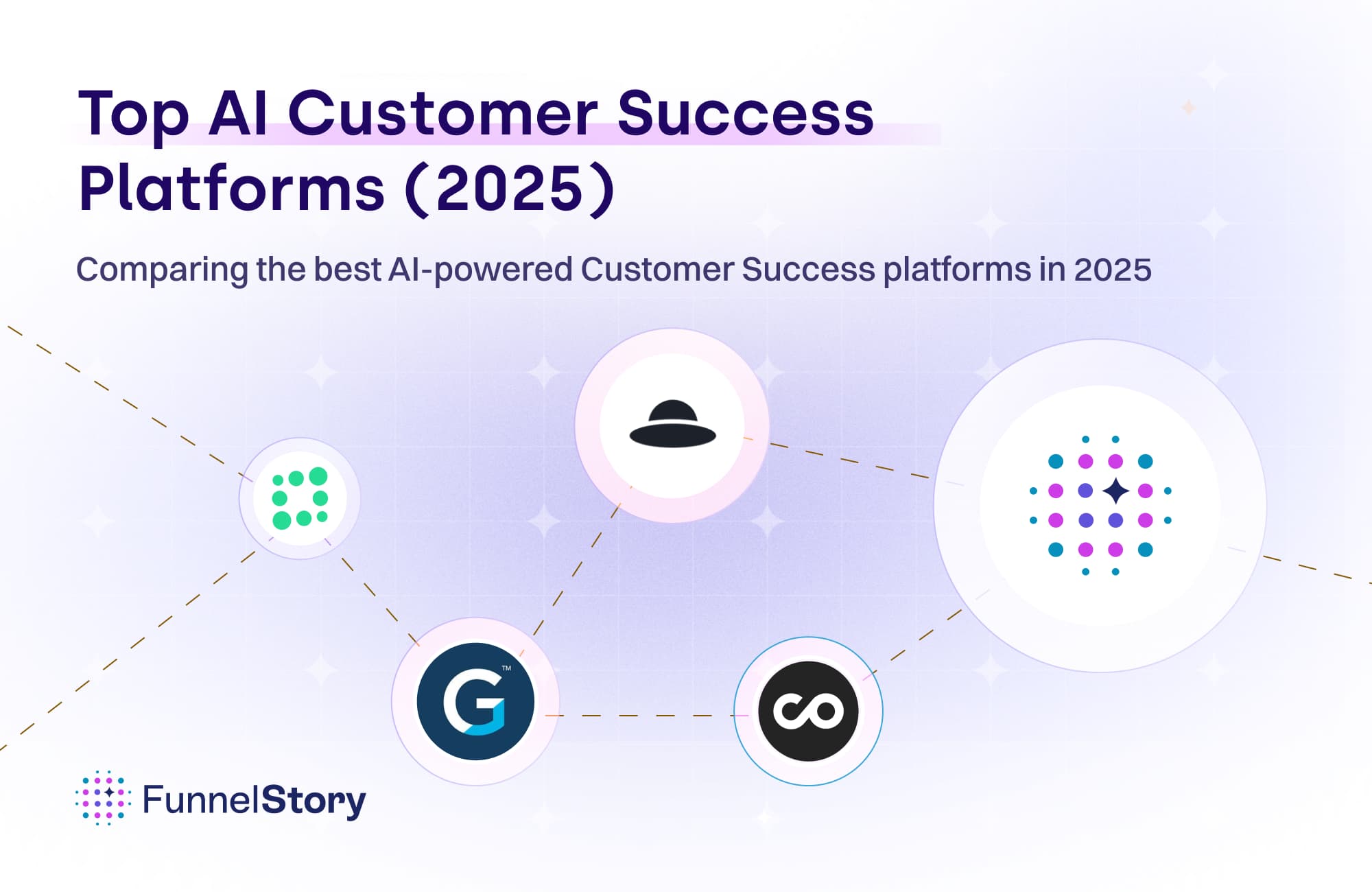In this article
The Intuition of Sales Engineers
To become a more data-driven selling organization you need to use product and conversational data and stop relying solely on the intuition of your SE's and account teams.

By Alok Shukla
Cofounder and CEO
Nov 05, 2022
5 min read
According to a survey conducted by Saphhire Ventures, more than 50% of Product PoCs (or simply sales-led trials) fail to achieve their goals.
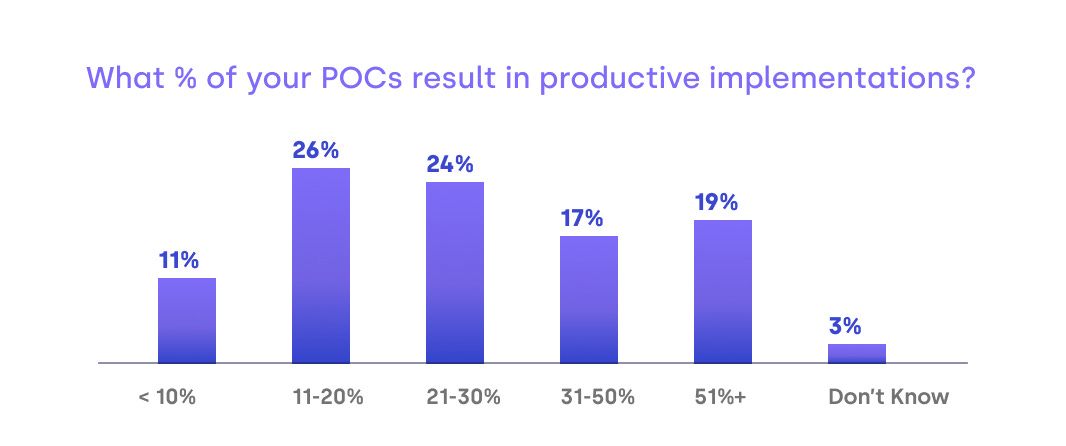
Unfortunately, this ratio is far worse for startups. The study states that more than 80% of the CIOs surveyed believed that just 30% of the sales-led trials for startup products resulted in successful implementation. However, most (if not all) sales leaders (specifically sales engineering leaders) would put this number between 60% to 80% for their organizations.
The eternal cycle of hope and doom
If you are a Product or Sales leader and have sat in on weekly sales trial (PoCs) review calls with some frequency, the following scenario will sound familiar.
Your Sales Engineering team will start the quarter with 40 (or take any number of your choice) of PoCs. Week after week, your Sales Engineering team will be asked to estimate the state of each PoC - enough to get a sense of how things are progressing. Their reflection will likely be binary “Is the PoC going well or going poorly”, therefore the reporting will be binary. Making matters worse, if the Engineer doesn’t really know, they will likely default to the last status known, which tells your nothing.
Seasoned Sales Engineers will bring pattern recognition capabilities honed over many years of observing prospect actions and communications. Said differently, they’ll operate off gut feel or intuition. But still, their estimates will play out in another binary fashion ranging from cautiously hopeful to cautiously pessimistic. And this will be the case for most PoCs until the last 2-3 weeks of the quarter when the dominos start to fall. Suddenly, cautious optimism can turn into a ball of gloom for a given trial.
“As a product manager, I have lost count of pulling my hair on last-minute reasons for PoC losses by lamenting, only if I had known earlier in the quarter about this, I could have done something about it.”
The problem with the “Intuition” of Sales Engineers
Expert intuition is the ability to recognize familiar clues and provide skilled responses to issues faced over time. Firefighters or Clinical Nurses are great examples of professionals with expert intuitions built over being in similar, repeated situations for long periods.
However, Expert Intuition takes a long time to develop. As per Nobel Prize winner Author Daniel Kahneman, developing skilled (expert) intuition requires two conditions to be satisfied.
An environment that is sufficiently regular to be predictable
An opportunity to learn these regularities with prolonged practice
Unfortunately, for most sales engineers, none of these conditions are satisfied. As per research, more than 40% of sales engineers spend no more than 12-24 months in a job. More than 60% spend no more than 36-48 months in a job.
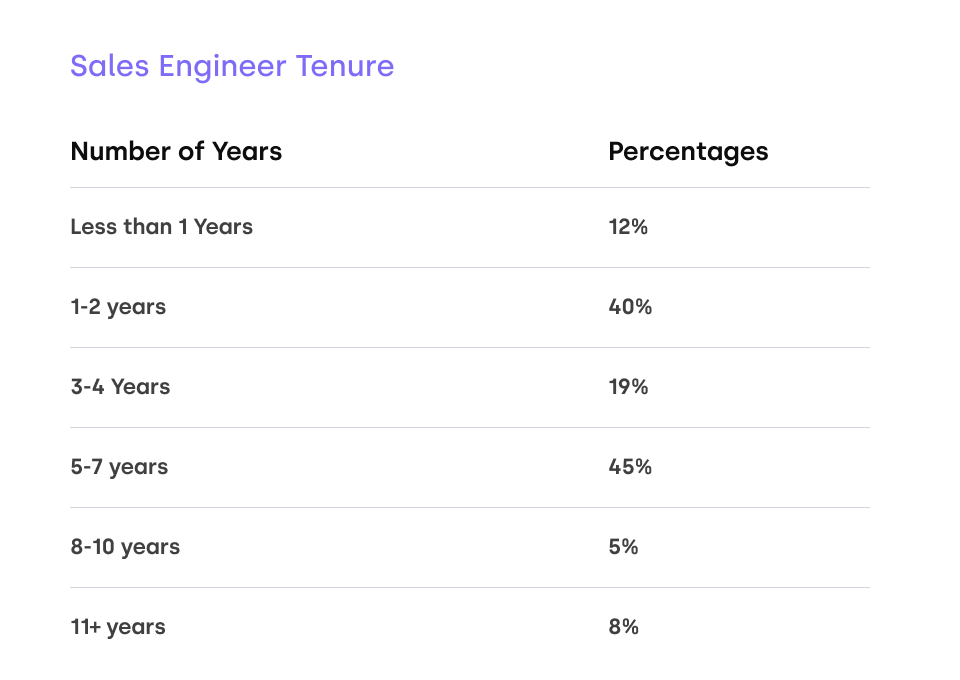
So much of the estimation skills for most sales engineers, unfortunately, reflect their System 1 thinking biases, where they perform the easy substitution of the question that is actually asked (what is the state of a sales trial?) with an easy response that reflects their biases (e.g., I get a warm or cold fuzzy feeling from this account).
In fact, As Professor Daniel Kahneman describes in his excellent book, a lack of rigorous analysis is substituted by most folks by what their System 1 mind is telling them.
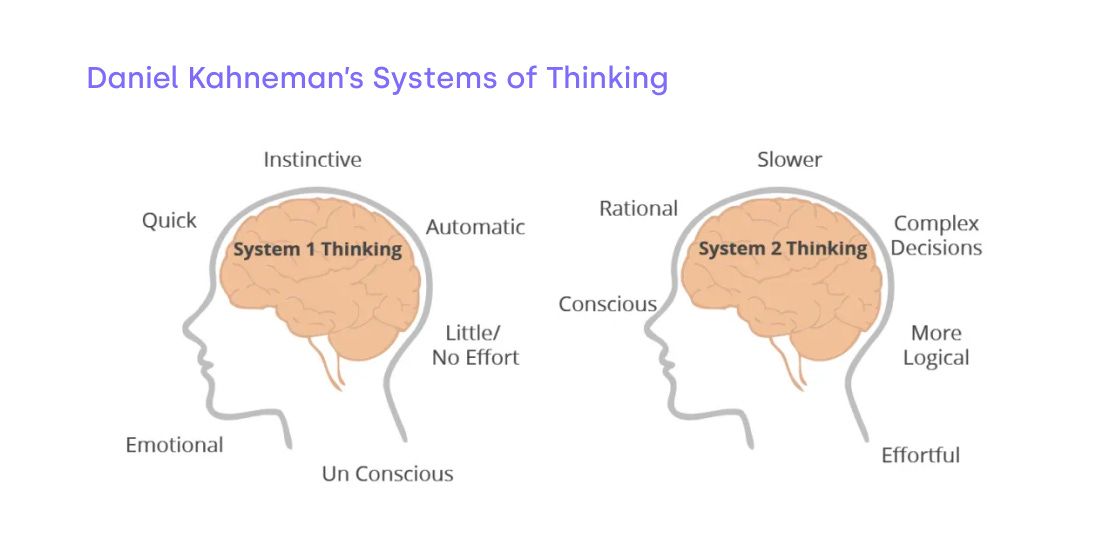
Anecdotally, sales teams are passionate and, for obvious reasons, emotionally invested in many of their deals. As a sales leader, you want to encourage and celebrate optimism and passion as it drives people to achieve sometimes impossible results. However, as we have established, unbridled, intuitive optimism is not ideal for performing dispassionate analysis and prediction about sales trials.
And then there were product managers!
While a bad sales forecast and flawed trial prioritization are fundamental sales problems, the lack of objective assessment creates a major long-term product strategy problem as well.
Among other sources, B2B Enterprise Product Managers rely on Sales Engineers to develop a sense of how key features drive technical wins during a sales trial. They also use win/loss reports as a critical factor in driving the product roadmap.
A lack of objective data coupled with an overly optimistic view of trials driven by sales teams leads to biased and misleading assessments of what is happening in the marketplace. And these gaps will show up in your roadmap.
Why is data a better predictor of sales trials?
In simple terms, formulas or data-driven assessments do not suffer from "extraneous knowledge" usually brought in by human beings (reflecting their biases) that, in most cases, may not be relevant to predicting the outcome of sales trials. Formulae or data-driven assessments are rather repeatable and predictable.
There is also a significant practical utility of harnessing your sales engineer's optimism to drive them to conquer, especially the complex deals while using a cold formulaic assessment method for predicting the outcome of sales trials.
Data-based assessments should help sales engineers make critical decisions - Fix or Kill a trial if the signals are negative or indifferent. Double down on the trial if the signals are positive. In either case, data can lead to early prioritization and better prediction of sales outcomes.
It is a travesty of sorts that not enough tools are developed for sales engineers, although they play a crucial role in proving the value of most enterprise products to the end customers.
We at FunnelStory aim to solve this problem and empower sales engineers to become superheroes of sales trial conversions.
